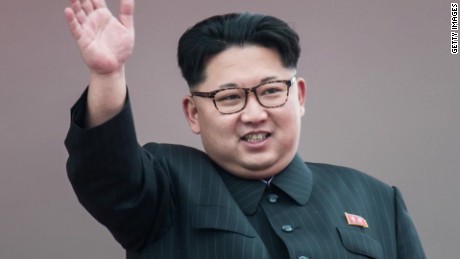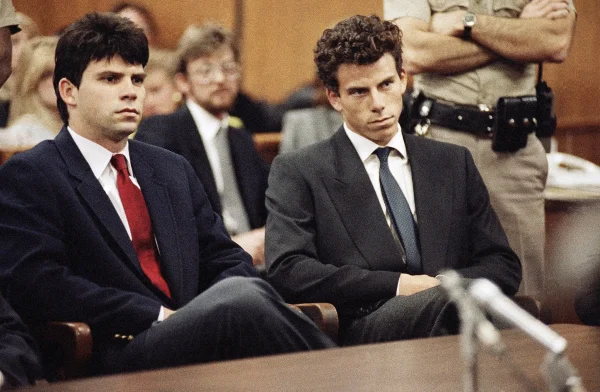The UN sanctions North Korea
Currently, tensions between North Korea and the United States of America (U.S.) continue to escalate with new sanctions being put on North Korea in order to halt oil exports.
Originally, the U.S. called for a halt of all oil exports to North Korea and to freeze the assets of the leader of North Korea, Kim Jong Un.
But, on Monday September 11, 2017, diplomats from the United Nations (U.N.) held a meeting on these proposed sanctions from the United States. The U.N. Council denied the halting of all oil exports to North Korea and proposed, instead, to gradually reduce the amount of oil exports to the nation.
The call for new sanctions from the United States was to gain support from neighbouring nations, such as China and Russia.
Due to the call for new sanctions, North Korea said that it will inflict “the greatest pain and suffering” on the U.S. if they continue to call for sanctions.
According to The Guardian, other sanctions on North Korea include a complete halt on North Korea’s textile exporting industry, restriction on North Korean workers oversees, and enforcing inspections on North Korean ships under suspicions of carrying cargo banned from sanctions on the nation.
The newly proposed sanction on North Korea comes on September 3, 2017 after North Korea performed a nuclear test. The test was for a hydrogen bomb.
According to The New York Times, the difference between a nuclear weapon and a hydrogen bomb is that a nuclear weapon uses unstable nuclear materials such as uranium and plutonium that are triggered to create a blast. But a hydrogen bomb, or H-bomb, uses a considerable amount more hydrogen fuel that a nearby atomic core ignites. A single hydrogen bomb is equivalent to approximately 1,000 atomic bombs, like those dropped on Hiroshima during World War Two.
The nuclear test performed for the hydrogen bomb left many analysts skeptical about the true potential of North Korea’s nuclear weapon capabilities, but only five days earlier, North Korean leaders became more ambitions with their testing.
On August 29, North Korea launched a missile that crossed over Japan, the missile launch was announced by South Korean officials. South Korean officials said that the missile was launched near Sunan. While Japanese officials said that the missile flew over the northern Japanese island of Hokkaido and landed in the Pacific Ocean.
“The reckless act of firing a missile over our nation is an unprecedented, grave and critical threat and it is an act of that significantly diminishes the region’s peace and security, and we have lodged a firm protest,” said Japanese Prime Minister Shinzo Abe to reporters.“We have also requested an emergency meeting of the U.N. Security Council. We will work closely with other countries to intensify pressure on North Korea.”

I am a senior at NHS. I want to be a microbiologist or a biomedical engineer. I am taking this class because I enjoy writing and researching real time...








